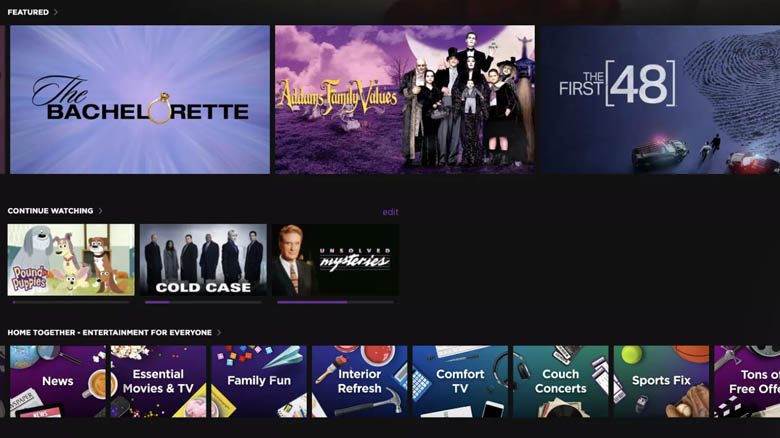3374Views 0Comments
The Future of Digital Streaming Is Jerry Springer Marathons on Pluto TV


The newest entry into the digital streaming wars, Quibi, couldn’t have debuted at a worse time. Already one of the more inane entertainment ideas in recent memory, Quibi’s supposed selling point is that it features a ton of A-listers starring in original programming, with the catch that every episode clocks in at under 10 minutes—“Quick Bites.”
Entertainment mogul Jeffrey Katzenberg’s $1.75 billion venture went live April 6. Less than a month later, an estimated one-fifth of the American workforce is currently unemployed and largely confined to home, hiding from a deadly pandemic that’s far from finished with us. In theory, social distancing consumers, especially those in a generation raised on the rapid-fire likes of YouTube, Snapchat, and Vine, should be primed for A Very Quibi Quarantine. Instead, the service saw about 300,000 downloads in its first day, with about 1.7 million subscribers by the end of the week—numbers that might sound impressive at first, until one realizes Disney+ raked in 10 million subscriptions in its initial 24 hours.
Companies like Disney, Netflix, and HBO will likely only further consolidate their holds on the market, forcing newer ventures like Quibi to continue trying to differentiate themselves in the digital streaming ecosystem. But meanwhile, a number of bare-bones, largely free services have long been available on most platforms. What’s more, these companies don’t require the exorbitant funding, production costs, and subscription models of their competitors. Instead, their catalogs invest in inexpensive, seemingly exhaustive familiarity. The future of digital streaming isn’t the House of Mouse continuing to swallow blockbuster franchise intellectual property or HBO churning out big-budget prestige series. It’s the app promising us Jerry Springer brawls, Golden Girls reruns, UFO schlock-documentaries, and Jersey Shore debauchery: Pluto TV.
Continue to Slate >
